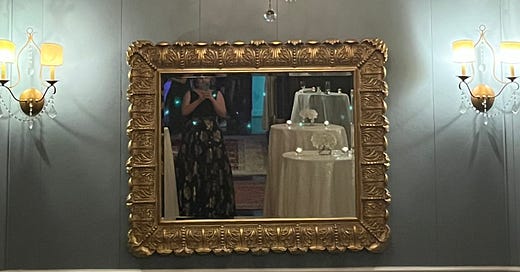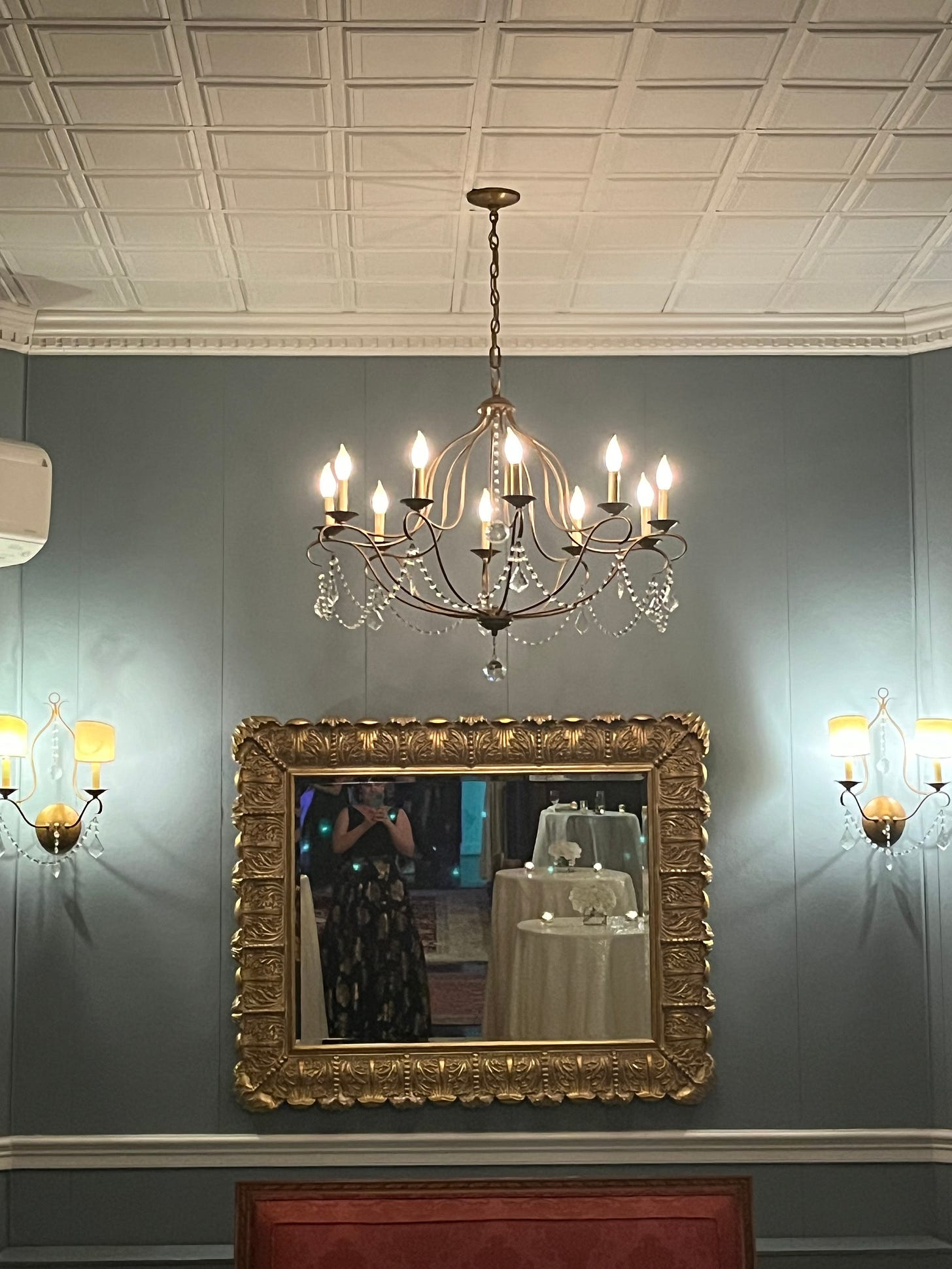“I can’t wait to watch your vocation unfold this year.”
That’s what a friend wrote in a birthday card to me this year. She wasn’t talking about my romantic life or any discernment to religious life. She wasn’t talking about my career, either. She was talking about my call to be in my own skin — to live my life, offering the “singular, unique, and unrepeatable grace” given to me to contribute for good in the world.
It’s been my experience that this is a much more difficult call to understand than discerning whether I’m supposed to marry or enter religious life. Voices from every angle tell us what we should believe, what we should be doing, who we should be following, or how we should act. There is only one voice we can really trust—the voice of God within us.
Some of the voices mentioned above can provide helpful and important parameters for helping us discern God's voice. Ultimately, though, we must come to know how God works in us uniquely. We have to know ourselves in order to discover God within us.
St. Teresa of Avila in Interior Castle writes, “It is ridiculous to think that we can enter Paradise without first entering ourselves! We must get to know ourselves, reflect on our limitations, acknowledge our gratitude for God, and solicit his mercy.”
And lest you think “entering Paradise” is something we reach after life on earth, the Our Father makes it clear we’re called to pray daily for things to be “on earth as it is in Heaven.”
Discovering “who you are” can easily be perceived as a cultural influence that fosters self-obsession and distraction from God. But when done in a spirit of prayer, growing in self-knowledge directs us to daily actions that honor the dignity given to us in our creation and invites us to return that dignity to others, to creation, and to God.
So, how do we discover who we are in God?
By living in community, allowing trusted family and friends to reflect to us their experiences of us, so that we see ourselves as the imperfect and perfectly loved people we are. By being open to our woundness and how it defines our possibilities and limitations, our experience of God, and our experiences of other people. By spending time in prayer — in silence, in community, and in ordinary moments — so that we learn in every context the sound of the voice of God to us.
Finally, I think we should take a different approach to the questions, “What am I called to do?” or “Who am I called to marry?” Instead, let us ask, “Who am I called to be today?” or “Where can my unique gifts meet my community’s or a loved one’s great need right now?” Then, as the answers shape our minds, hearts, and souls, the actions we’re called to take in each moment will be clearer to us.
Following this approach, day after day, week after week, we’ll see patterns of interests and behaviors emerge. We’ll see how God is using us right now to do His will. We’ll see how our unique presence changed a moment, a person, or an event. We’ll see how we worry less about where we’re supposed to be doing God’s will because we’re experiencing regularly the peace that accompanies God’s affirmation, “well done, good and faithful servant.” (Matthew 25:21)
It is with this approach to our vocations that we will become people who live every day to the hilt, giving all of ourselves to the moment which is in need of a gift from us that no one else can give.
“John Henry Newman’s vision of life is that we have a work that is given to us on which the plan of salvation depends. God could give it to another, but in fact, this is the deep invitation in each of our lives. We have this great dignity; we are meant for a purpose which we can’t fully grasp.
So, if that’s true, then the main purpose in life is to be attentive to the working of grace that invites us to understand that work more deeply and participate in it more fully. So often, out of goodwill, we think, “what am I called to do?” But then we become concerned about our work. But in fact, what God is inviting is a transformation of life and its purpose, not simply a work to be done.”
— Dr. Don Briel, founder of Catholic Studies, University of St. Thomas (St. Paul, MN)




